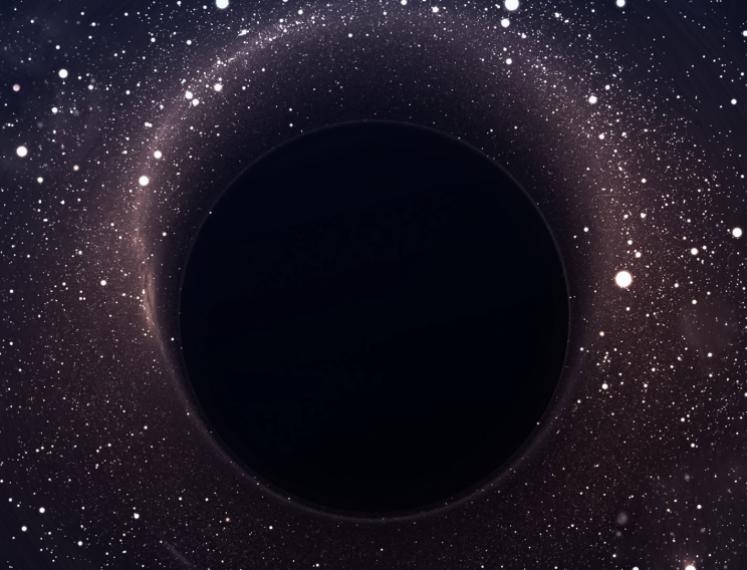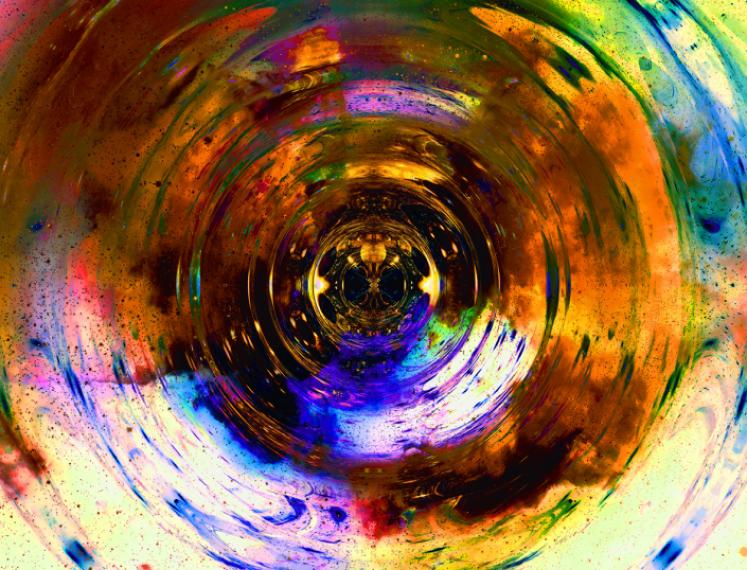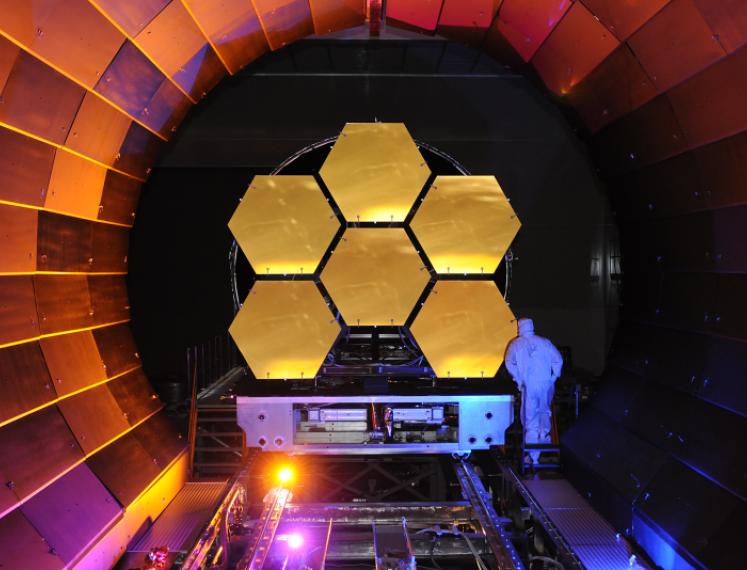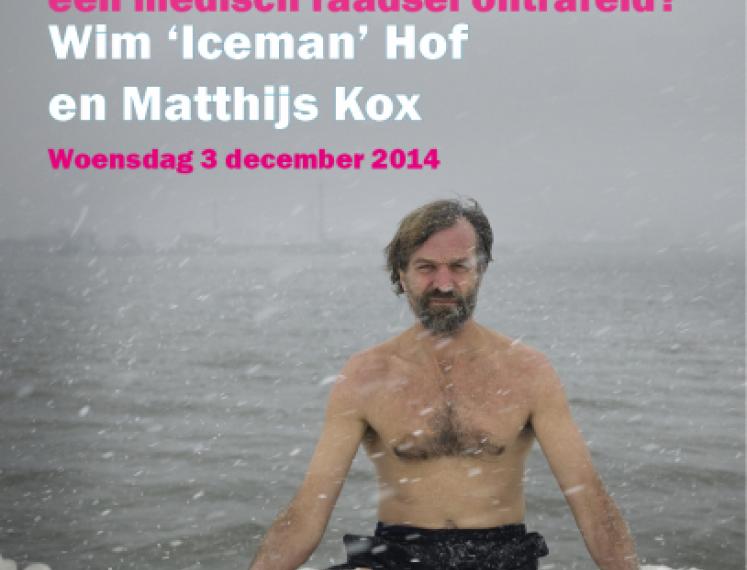Academy Building
Broerstraat 5
Groningen
Netherlands
Supermassive Black Holes: The Ultimate Galaxy Killers?
There are over 1 billion galaxies in the Universe, each home to over a billion stars and only one central supermassive black hole.
Theoretical astrophysicists think that these supermassive black holes, weighing in at up to a billion times the mass of the sun, play an essential role in the creation of new stars, by either heating or cooling hydrogen gas. This mechanism is needed for the huge outburst of energy that creates new stars. However, astronomers theorized this finding in computer models, but they never actually observed this process happening in our Universe.
This Hendrik de Waard Lecture Rebecca Smethurst will focus on the conflict in astrophysical research between the actual observations in the Universe and the current best models of this Universe that researchers are working with. In particular, she will highlight the work being done by the MaNGA survey team who is attempting to map the insides of over 10,000 galaxies, in order to solve this long-standing problem.
Rebecca Smethurst is an astrophysicist researching the effects of supermassive black holes on their host galaxies. She was awarded her PhD by the University of Oxford, where she used the public’s classifications of the shapes of galaxies from the online citizen science project Galaxy Zoo in order to write her thesis on galaxy evolution. She recently completed a research fellowship at the University of Nottingham where she also started presenting videos for the science interest YouTube channels Sixty Symbols and Deep Sky Objects. She is now a research fellow at Christ Church at the University of Oxford. In 2014, Rebecca Smethurst was voted the Audience Winner and Judges Runner-up at the 2014 UK FameLab National Final to find the next best scientific communicator.
This lecture is organised by the Hendrik de Waard Foundation in cooperation with Studium Generale Groningen. The Hendrik de Waard Foundation was founded after the retirement of the late professor of physics Hendrik de Waard in 1987. Annually, the foundation organises a lecture to inform and intrigue the general public about recent developments in science.






